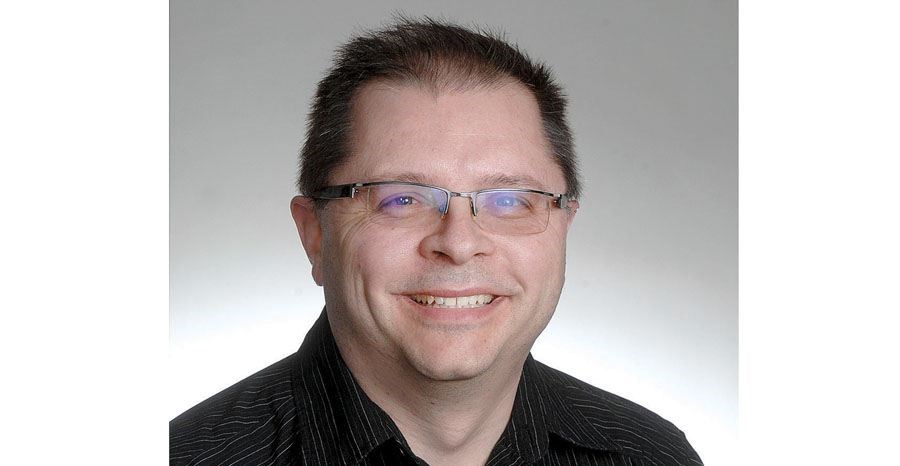Canadian trade minister Chrystia Freeland got roughed up by American comedian Bill Maher on his HBO news show last Friday (think Jon Stewart but with f-bombs if you're unfamiliar with Maher) because she tried to debate the issue of Syrian refugees and Islam as a peaceful religion with Maher, who swatted her away with incendiary phrases ("genital mutilation," "honour killings," "killing women for being raped," "keeping women as second-class citizens") to the delight of his studio audience.
His point was that it's naive to believe that Muslims share the same values as Christians and as secular citizens of the world.
Instead of trying to have an intelligent conversation on television, she should have made a simple retort suitable for the show's format: "Bill, all of those horrible injustices also happen in Christian countries and secular countries, too, not just Muslim ones."
What she really needed to do was cut to the quick of Maher's argument and ask him to separate radical thought from radical action. Just because a small percentage of individuals tell pollsters in Muslim countries that they are sympathetic to ISIS doesn't mean they're about to become or already are gun-toting lunatics. Furthermore, the percentage is so small that much of it could be eaten up by the degree of error embedding in the poll itself, which Maher neglected to include, of course.
Radical thoughts and conspiracy theories are as prevalent as ever, thanks to the Internet and they operate in plain sight across Canada and the United States. Freeland's response should have been that, using Maher's logic, there are American radicals peddling conspiracies under the protection of the Constitution so the Constitution's ideas are wrong and must be discarded.
She could have pointed to a new book, written by a pair American citizens and published in the United States, called Nobody Died At Sandy Hook. These so-called authors are claiming that the 2012 massacre of 20 children and six members of the school's staff was an elaborate hoax, extending from teachers and parents to police, the Connecticut governor and up to the federal attorney general and President Barack Obama, with as much as $130 million being spent in hush money.
These are radical members of the pro-gun lobby using their Constitutional rights to free speech to spread offensive, ridiculous and hurtful ideas.
And they're just two of millions of people with radical and potentially dangerous thoughts.
In 2013, Public Policy Polling, a polling firm out of North Carolina, decided to do a national survey on conspiracy theories. It found that:
- 11 per cent of American voters believed their government allowed 9/11 to happen
- 6 per cent believe Osama bin Laden is alive
- 28 per cent believe Sadam Hussein was involved in the 9/11 attacks
- 21 per cent believe a UFO crashed in Roswell, New Mexico, and the government covered it up
The survey polled 1,247 registered American voters with a degree of accuracy of plus-minus 2.8 per cent, 19 times out of 20.
Holding beliefs that don't match reality aren't uniquely American, of course.
They are present throughout Canada and in Prince George. Letter writers to this newspaper have claimed that global warming is a hoax (37 per cent of Americans and 58 per cent of Republicans), fluoride is poison (nine per cent of American voters believe fluoride is added to water for "sinister reasons"), doctors and drug companies create diseases to make money (15 per cent of Americans) and there is a link between childhood vaccinations and autism (20 per cent of Americans).
Sadly, there seems to be no poll numbers on how many believe there is an international conspiracy controlling local gas prices, another common theme of letters to the editor.
In a democracy that values diversity and freedom, there is room for people with all sorts of radical ideas and offensive thoughts. One of our central rights is the right to be wrong.
The problem isn't the ideas themselves, the problem is when spreading them fosters hatred towards specific people or groups or encourages using weapons and murder and violence in support of those views.
Accepting radical beliefs is one thing, particularly if those beliefs remain private and inactive. Brandishing them in the public space as weapons against others is how radicalism becomes terrorism.



